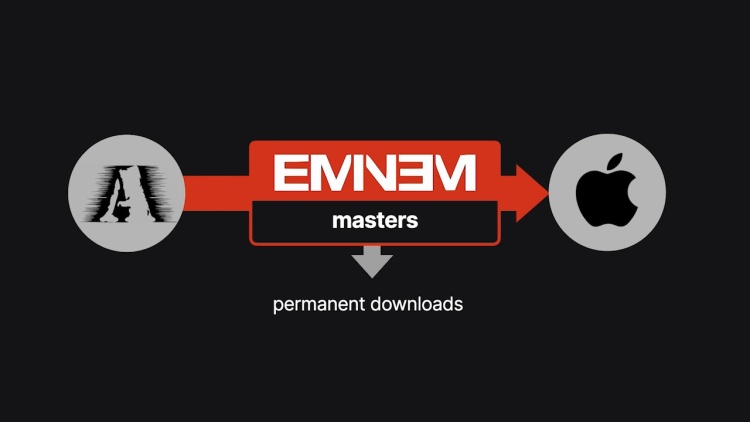F.B.T. Productions, LLC v. Aftermath Records
United States Court of Appeals for the Ninth Circuit
621 F.3d 958 (2010)

- Written by Sean Carroll, JD
Facts
In 1995 rapper Marshal B. Mathers III (Eminem) signed with F.B.T. Productions, LLC (F.B.T.) (plaintiff), granting F.B.T. the exclusive right to Eminem’s recordings. In 1998 F.B.T. assigned this right to Aftermath Records (Aftermath) (defendant). The labels’ agreement contained a records-sold provision that entitled F.B.T. to receive between 12 and 20 percent of the price of Eminem’s records sold through normal retail channels. The agreement also contained a masters-licensed provision that stated that notwithstanding the records-sold provision, F.B.T. was entitled to receive 50 percent of Aftermath’s net revenue on masters that Aftermath licensed to others. The agreement defined a master as a “recording of sound . . . used or useful in the recording, production or manufacture of records.” In 2002 Aftermath’s parent company signed an agreement with Apple, permitting Apple to sell Eminem masters in digital format in Apple’s iTunes store. In 2006 F.B.T. sued Aftermath, claiming that it was improperly calculating royalties for digital downloads under the records-sold provision in their contract, instead of the masters-licensed provision. The district court denied F.B.T.’s motion for summary judgment, finding that each party’s interpretation of the contract was reasonable. The jury returned a verdict in Aftermath’s favor. F.B.T. appealed.
Rule of Law
Issue
Holding and Reasoning (Silverman, J.)
What to do next…
Here's why 907,000 law students have relied on our case briefs:
- Written by law professors and practitioners, not other law students. 47,100 briefs, keyed to 996 casebooks. Top-notch customer support.
- The right amount of information, includes the facts, issues, rule of law, holding and reasoning, and any concurrences and dissents.
- Access in your classes, works on your mobile and tablet. Massive library of related video lessons and high quality multiple-choice questions.
- Easy to use, uniform format for every case brief. Written in plain English, not in legalese. Our briefs summarize and simplify; they don’t just repeat the court’s language.





